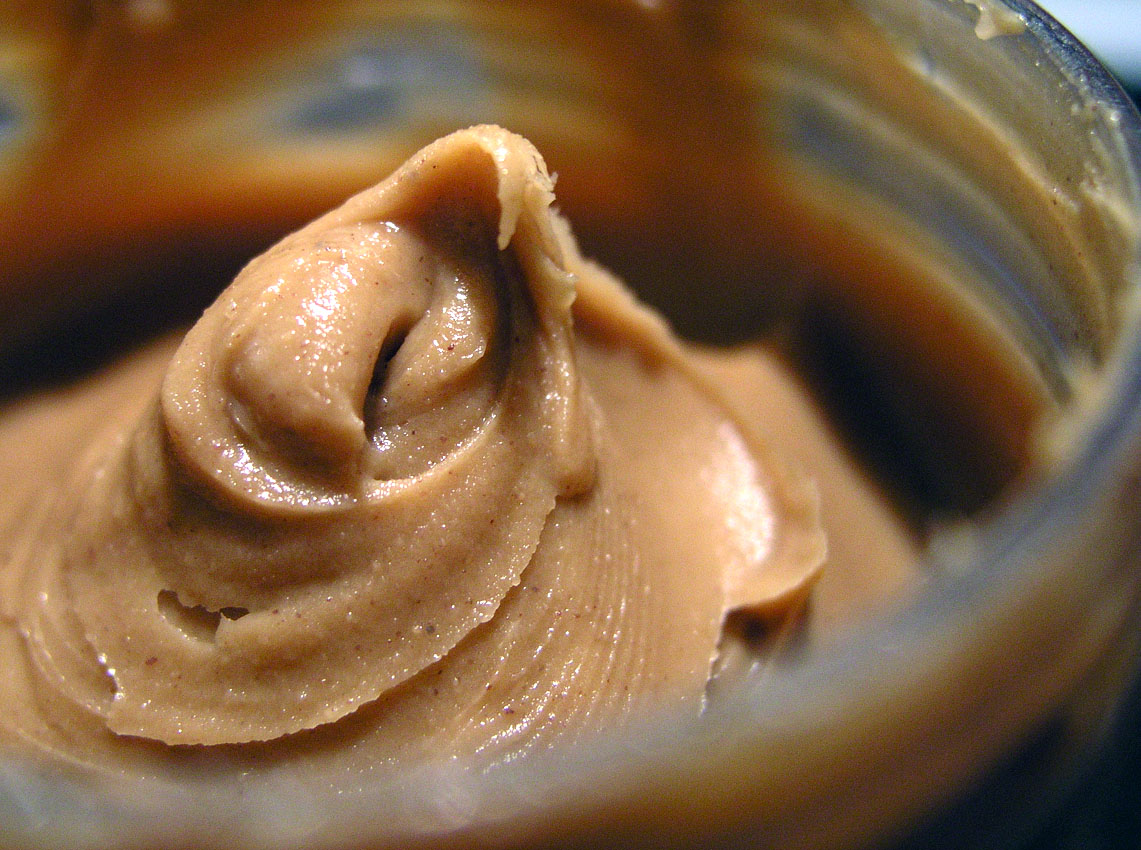Decades of advice to avoid allergens in early life appear to have inadvertently increased allergy rates, and now a growing body of evidence supports the safety and bene?t of their introduction early in life. The change in understanding has prompted Australian allergy guidelines to strengthen the recommendation to introduce solids and potential allergens from four […]
Decades of advice to avoid allergens in early life appear to have inadvertently increased allergy rates, and now a growing body of evidence supports the safety and bene?t of their introduction early in life.
The change in understanding has prompted Australian allergy guidelines to strengthen the recommendation to introduce solids and potential allergens from four months of age.
Last year a pivotal study found high-risk children had an 81% reduced risk of developing peanut allergy by age ?ve if introduced to peanut butter at between four to 11 months compared with those whose parents were advised to avoid it until 60 months.
The children consumed six grams of peanut protein per week in the form of smooth peanut butt er or peanut snacks.
As well, fewer children in the consumption group had high levels of peanut-speci?c IgE. Follow-up of the same cohort has now con?rmed that protection from allergy persisted at age six, even after a 12-month peanut-free interval.
Of the 550 children enrolled in the study published in the NEJM, children in the consumption group were signi?cantly less likely to have a peanut allergy than those who had avoided peanuts, even after their yearlong break (4.8% vs 18.6%).
This answered the lingering question about whether a break from eating peanuts would sabotage the protection conferred by early introduction.
“So it seems that there is a window of opportunity in the immunity system for seeing an antigen or an allergen and making a protective response that appears to be long-lived, at least in the example of peanut,” Professor of Immunology and Allergy at Western Sydney University, Connie Katelaris, told TMR.
Updated Australasian Society of Clinical Immunology and Allergy guidelines (ASCIA), released this month, recommend children be introduced to peanuts and other allergens at four months if possible.
While the 2010 ASCIA guidelines had recommended the early introduction of solids, Professor Dianne Campbell, chair of ASCIA’s paediatric committee, said we could now be much more con?dent in the recommendations around allergenic foods.
While the studies had been performed in high-risk babies, such as those with eczema, an existing food allergy, or a family history of allergy, it seemed the early introduction of solids was not harmful and probably bene?cial to babies in the general population, she said.
ASCIA recommended children be introduced to solid foods from four months, one food at a time when they were ready, with the aim to have them eating the same food as the family by 12 months, Professor Campbell said.
In Western countries such as Australia, allergic diseases have more than doubled in the last 25 years. Previous advice was for the avoidance of peanuts and other allergens for the ?rst few years of life based on the idea that early exposure led to allergic sensitisation.
Unfortunately, this strategy was unsuccessful and appeared to increase the rate of allergies, Professor Katelaris explained.
This was ?agged when it was noted that Jewish children living in Britain had a 10-fold higher chance of having peanut allergy than those in Israel, a ?nding attributed to the high levels of peanut consumption by Israeli children in their ?rst year of life.
Another study in NEJM attempted to determine whether the early introduction of other allergenic foods, besides peanut, protected against the development of food allergies.
Exclusively breast-fed three-month-olds were randomised to exclusive breast feeding until six months, or stepped introduction of cow’s milk, peanut, egg, sesame, ?sh and wheat.
Adherence was very low (42.5%), and on an intention-to-treat analysis, no di?erence was seen between the two groups in terms of the development of food allergies by age three.
And while infants who followed the protocol were signi? cantly less likely to develop allergies than those following standard feeding recommendations (2.4% vs 7.3%), this ?nding must be interpreted with caution, said Dr Katelaris.
While there was still a need for more research into the minimum consumption needed to confer protection, Dr Katelaris noted there appeared to be no harm to introducing potential allergens early.
One of the more dramatic changes to the guidelines was the removal of hydrolysed cows’ milk formula for the prevention of allergies from the infant feeding guidelines, in line with the publication of a new meta-analysis that found no good evidence it prevented allergies.
While there is still a role for partially or extensively hydrolysed cows’ milk in those who already have allergy, the expensive formulas should no longer be given for the prevention of eczema, food allergy, asthma or allergic rhinitis in infants or children.
The analysis of 37 intervention trials and more than 19,000 participants over 70 years found no consistent evidence that the products were even partially protective.
| New allergy guidelines |
| • Up to three serves of oily ?sh per week during pregnancy and breastfeeding may be bene?cial in preventing eczema in early life.
• There is no consistent, convincing evidence that hydrolysed formulas (usually labelled HA or hypoallergenic) assist in allergy prevention in infants or children. • There is evidence that for infants at high risk of food allergies, such as those with severe eczema or who already had a food allergy reaction to egg, introduction of regular peanut consumption before 12 months can reduce subsequent peanut allergy. • It is not recommended that infants are fed raw egg, however there is moderate evidence for the introduction of cooked egg into the diet of infants with a family history of allergy before eight months of age to try to reduce the risk of egg allergy. Australasian Society of Clinical Immunology and Allergy |
NEJM 2016; online March 4
BMJ 2016; online March 8
J Allergy Clin Imm 2008; online Nov 8


